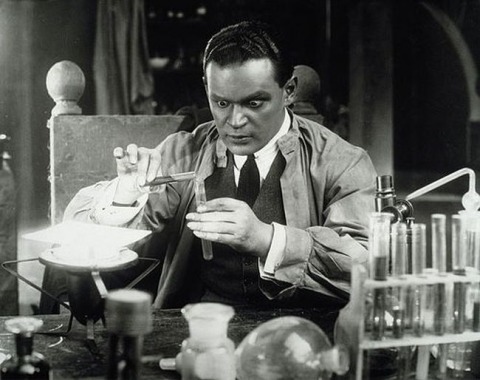
Query:
I thought you might be able to use the Atlantic article “Making Babies, No Sex Necessary” your blog or classroom. Henry Greely, director of the Center for Law and the Biosciences at Stanford Law School, is making this easy for you as he gleefully steps into the natural law box without apparently being well prepared.
Greely argues that in the future, no one will have sex to make babies (except perhaps by accident, in the back seat of a car). Couples won’t even have to donate eggs and sperm, because physicians will turn cells from their skin or other non-reproductive organs to make gametes to combine into embryos. Then the embryos will be screened for whatever qualities we want. Presumably the unwanted ones will be destroyed.
Reply:
I wonder this gentleman even assumes that babies will be made by couples. From his point of view, why not just clone ourselves? One of the greatest things about having children is that we can’t play God and make them exactly like ourselves. Dr. Greely wants to end all that.
Views such as his are hardly unexpected. Ever since the development of artificial contraceptives people have been claiming that sex has nothing to do with making babies any more. It follows that making babies has nothing to do with sex.
You’re right that he is unprepared to discuss natural law. I wouldn’t quite say that he is making the argument easy for me, though. The difficulty in arguing with fellows like this one is that you can’t; they are not interested in argument.
At the end of the article he is quoted as follows. Speaking to imaginary opponents, he says, “If you, coming from a Catholic background, try to convince me, coming from a non-Catholic background ... that wouldn’t work for me …. I need a more intellectual argument than one 'based on my faith' or 'the tablets brought down from the mountain for me say this.' … There’s very little about our modern lives that’s natural or what a God from 3000 years ago would have expected or wanted, including all of modern medicine.”
Notice his implicit assumptions. Concerning argument in general,
> The most likely source of argument in opposition is precisely the one we don’t have to listen to.
> “That wouldn’t work for me” is sufficient rebuttal to an argument.
Concerning faith,
> We already know that anyone who has faith is unreasonable; he believes because he believes because he believes. Therefore, there is no need for non-Catholics to listen to the arguments of Catholic thinkers. Even without listening we know that they will have nothing to say but “It’s based on my faith.”
> Everything anyone says about God is a human construct. Except for Dr. Greely’s view that Catholics have it wrong about God. That’s not a human construct.
> Truth falls out of date, like fashions in clothing. Nothing that anyone thought a long time ago could possibly have any value.
Concerning natural law,
> We don’t need to know anything about natural law reasoning to criticize it. It’s okay to make it up.
> Natural law means being primitive. That’s why medicine is unnatural. The natural law would tell you that if you’re sick, it’s natural to be sick, and you shouldn’t get well.
> If very little about our modern lives conforms to natural law, then there isn’t any natural law. Presumably, if very little about the way I drive conforms to traffic law, then there isn’t any traffic law either.
What natural law theory really says